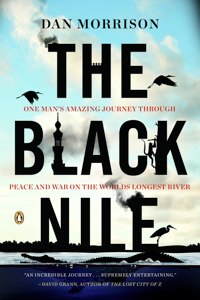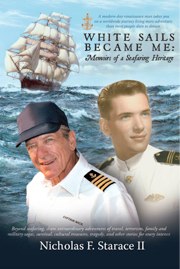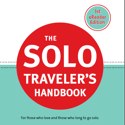
Morrison speaks of his decision to begin the tour, where he plans the route through countries that are only marginally at peace, where his travel papers are only marginally accepted and where he knows he will mostly be alone. He attempted to bring a friend along, who endured only so much hardship and returned to the US after a short time.
He describes the relationship of Uganda to Sudan where the Sudanese are opening up trade to Ugandan entrepreneurs. He discusses the security and border guards waiting on the river at checkpoints and on every road, who use Russian weapons and are trained by the North Koreans. The travel throughout the region takes place on boats, trucks, rented cars, ferries and even by foot as he doggedly treks north, documenting his personal conversations with the simple folks of the area. His view is both to the commonplace activities and to the political machinations as he describes in detail how the politics of these countries are affecting the ordinary people. Many of the personal discussions were thought-provoking to a westerner who has little in common with these poor and worn-torn people.
A poignant moment occurs when his friend Schon must admit he’s had enough and return to the states. He goes off with a stranger and Morrison is worried for days that Schon has never actually left. His fears were unfounded though and his friend does manage his way out through unpaved roads and an eight hour walk. Again, we here have little understanding of the quality of life and the situation of the Nile countries.
He tells of the scars of the tribes of Africa, cut into the forehead and raised by applying ash. The symbols of the cuts designate which tribe you belong too. More disturbing are the removing of the canine teeth which is done at puberty. “It does hurt, James said, but you must not make a sound. That is great humiliation. Not just the boys. The girls too. You suffer it in silence, and then you are an adult.” This seems like a description of the African attitude to life in general.
At one point, Morrison must decide between an illegal excursion to Khartoum or a temporary detour to Cairo to renew his visa. Due to the continued unrest, he opts for going to Cairo and waiting for three months for the renewal. Within days of starting the second phase of his journey, he is in the middle of a gunfight between the Sudanese Armed Forces and local police. He ran to hide in an outhouse during the fighting. Morrison writes of the struggles that the war was generally reduced to “Muslims versus Christians” or “Arabs versus Blacks” but that the “Haves at the center were playing Sudan’s tribes of have-nots against each other”. Morrison writes little of his transition to Egypt saying only that on the ferry, “the Sudanese officials were leaving and the Egyptians were taking their place.” His main focus is the struggle in Northern Africa.
As Morrison ends his journey, he writes “Uganda and Sudan were dynamic, changing”, their “future was unwritten” and “the horizon was growing.” I thoroughly enjoyed the book, and think it is a must-read, even for those not interested in politics. It captures the atmosphere of North Africa and its people in an interesting way. Documenting his travels to describe the region’s struggles both captivates and informs the reader.

 Book Review – “White Sails Became Me”
Book Review – “White Sails Became Me” Book Review: “My Itchy Travel Feet” by Donna L. Hull
Book Review: “My Itchy Travel Feet” by Donna L. Hull Book Review: “Solo Traveler’s Handbook” by Janice Waugh
Book Review: “Solo Traveler’s Handbook” by Janice Waugh Book Review: The $100 Startup by Chris Guillebeau
Book Review: The $100 Startup by Chris Guillebeau

